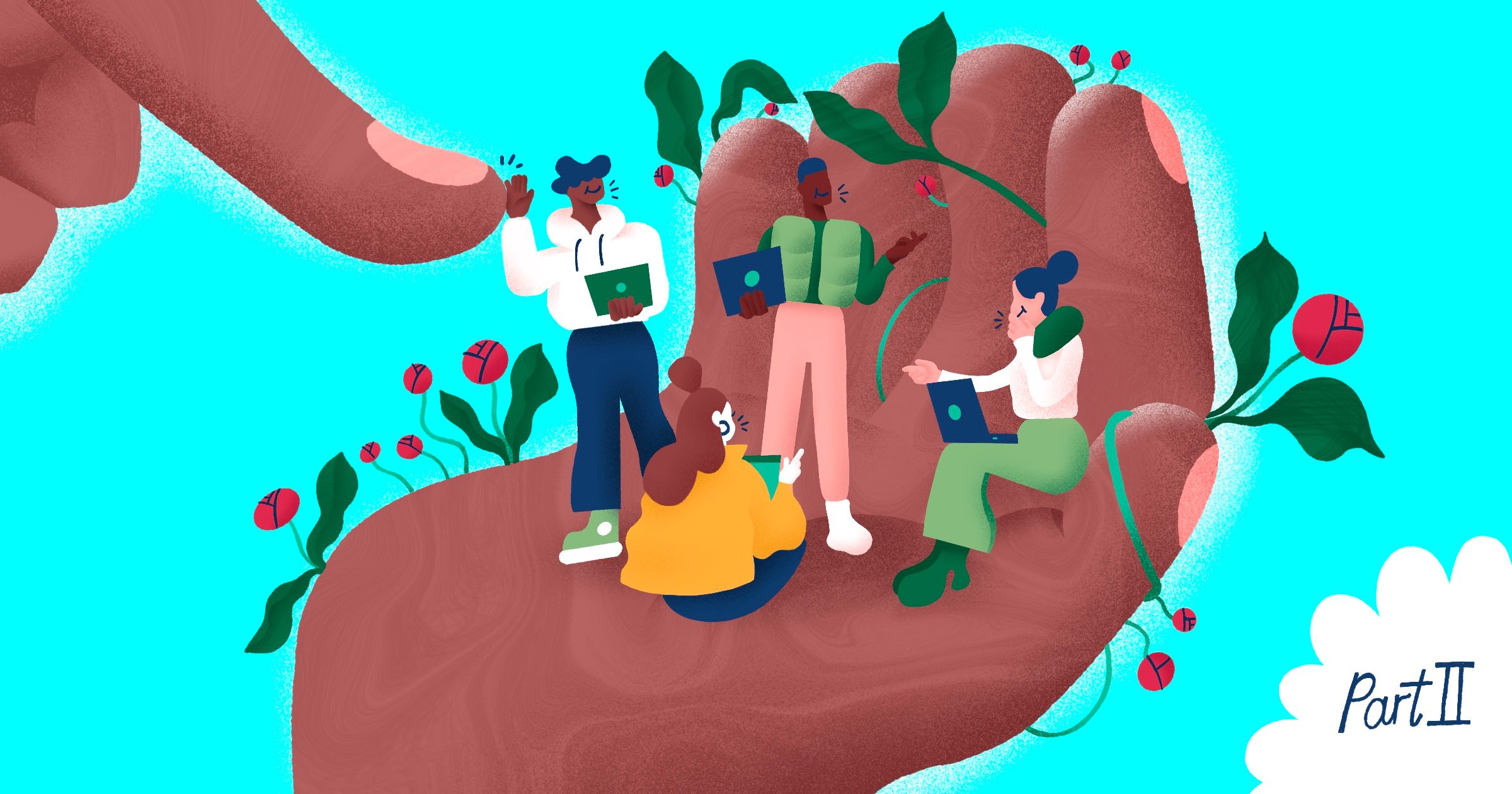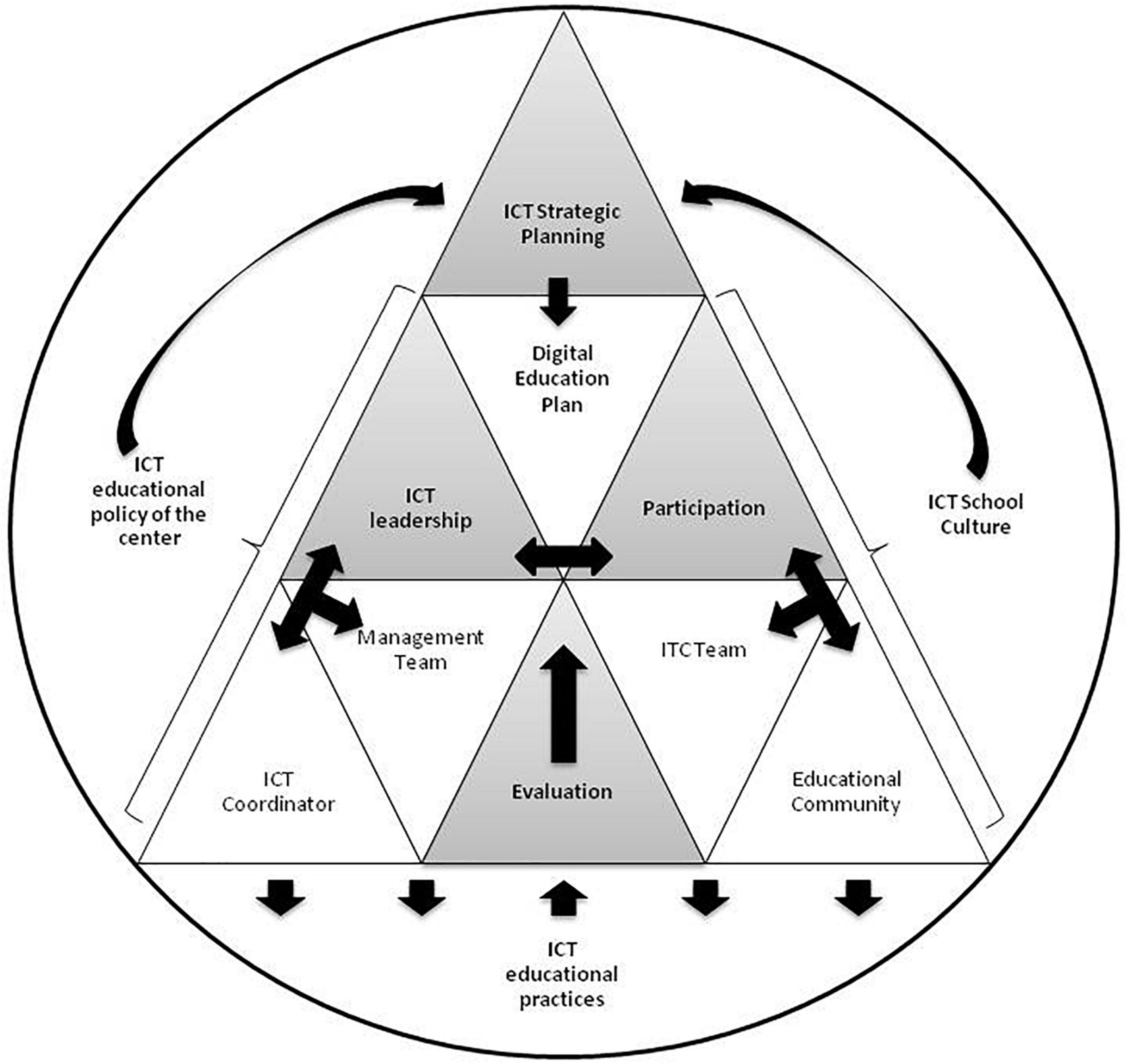
Cultivating Lifelong Learners: A Continuous Educational Journey
In a rapidly evolving world, the concept of a lifelong learning culture has gained prominence, emphasizing the importance of continuous education beyond formal schooling. This transformative approach to learning is reshaping how individuals, institutions, and societies view education.
Defining Lifelong Learning Culture
Lifelong learning culture goes beyond traditional notions of education, recognizing that learning is a lifelong pursuit. It involves a mindset that values continuous growth, exploration of new ideas, and the acquisition of skills throughout one’s entire life. This culture embraces learning as a constant and integral part of personal and professional development.
Embracing Learning Across Generations
A key aspect of cultivating a lifelong learning culture is its intergenerational nature. It transcends age boundaries, recognizing that individuals of all ages can contribute to and benefit from the learning process. This approach fosters a sense of community and shared knowledge, breaking down traditional barriers between different age groups.
Adapting to Technological Advancements
In the digital age, technology plays a pivotal role in fostering a lifelong learning culture. Online courses, webinars, educational apps, and digital resources provide accessible and flexible learning opportunities. Embracing technology enables individuals to pursue education at their own pace and convenience, regardless of geographical constraints.
Building a Curiosity-Driven Mindset
At the core of a lifelong learning culture is a curiosity-driven mindset. Encouraging individuals to ask questions, explore diverse topics, and seek knowledge independently fosters a love for learning. This mindset transcends formal education settings, instilling a passion for discovery that extends into various aspects of life.
Empowering Personal and Professional Growth
Lifelong learning is a catalyst for personal and professional growth. Acquiring new skills, staying updated on industry trends, and exploring diverse fields contribute to career advancement and personal fulfillment. Individuals who embrace a lifelong learning culture are better equipped to navigate the complexities of the modern workforce.
Promoting Learning in Formal and Informal Settings
A lifelong learning culture acknowledges that education happens in various settings. While formal education institutions play a crucial role, informal settings such as workshops, mentorship programs, and community-based learning are equally valuable. This holistic approach recognizes the diverse avenues through which individuals can acquire knowledge.
Fostering a Growth Mindset in Education
Cultivating a growth mindset is a fundamental aspect of a lifelong learning culture. Encouraging individuals to view challenges as opportunities to learn, embrace failure as part of the learning process, and persist in the face of difficulties fosters resilience and a positive attitude toward continuous improvement.
Addressing Barriers to Lifelong Learning
Despite the benefits, there are challenges in fostering a lifelong learning culture. Socioeconomic factors, access to resources, and institutional support can be barriers. Addressing these challenges requires a concerted effort from policymakers, educators, and organizations to create inclusive and equitable learning environments.
Lifelong Learning as a Social Responsibility
Promoting a lifelong learning culture is not only an individual endeavor but also a societal responsibility. Governments, businesses, and educational institutions play a vital role in creating an infrastructure that supports continuous learning. Policies that encourage workplace learning, community education initiatives, and accessible resources contribute to a culture of lifelong learning.
Looking Ahead: A Future Shaped by Lifelong Learners
As we look to the future, a lifelong learning culture emerges as a driving force behind personal and societal progress. Individuals who embrace continuous learning contribute to innovation, adaptability, and a more informed and engaged citizenry. The cultivation of lifelong learners is pivotal in shaping a dynamic and responsive future.
To explore more about the transformative power of a lifelong learning culture, visit Lifelong Learning Culture.



